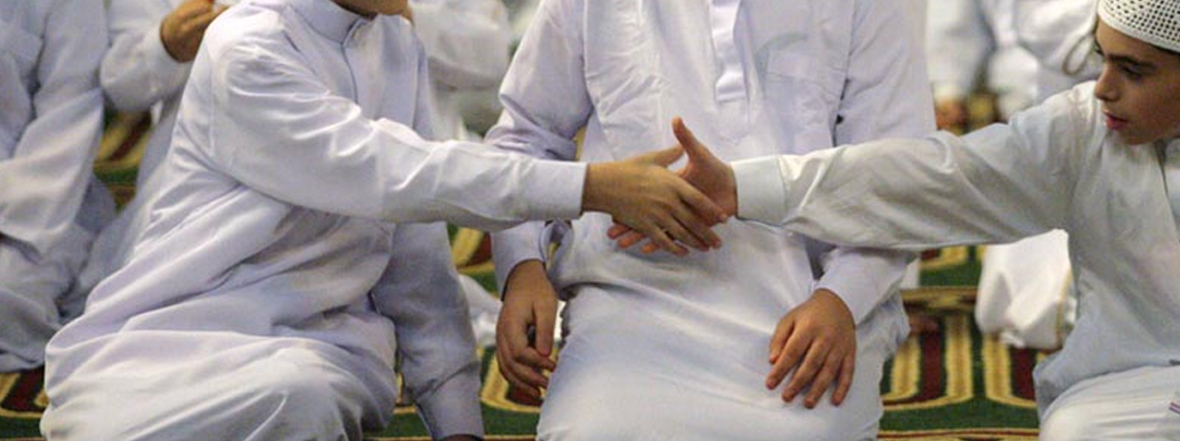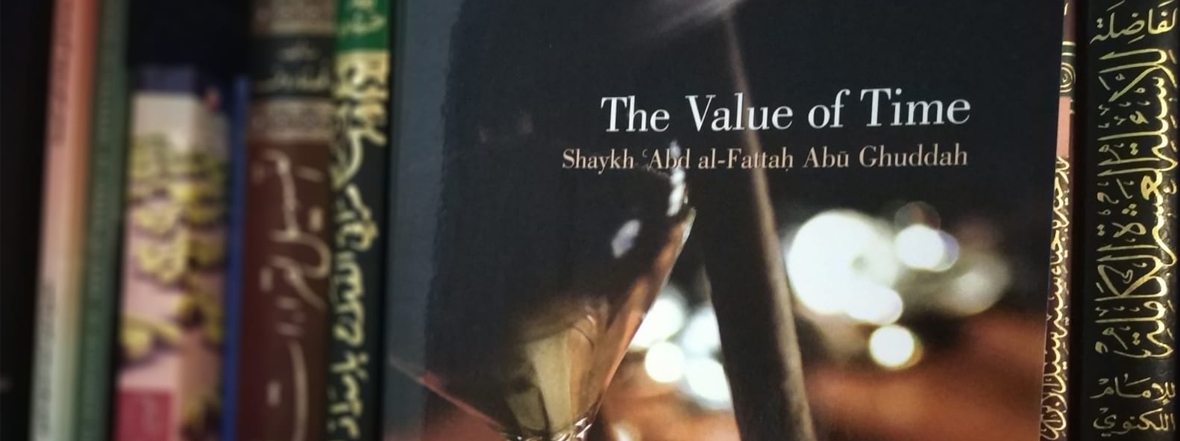“And when you are greeted with a greeting, greet [in return] with one better than it or [at least] return it [in a like manner]. Indeed, Allah is ever, over all things, an Accountant.” (Qur’ān, Sūrah Nisā’ (4), verse 86)
All people around the world have a custom saying of greeting. If compared broadmindedly, the Islamic form of greeting will stand out significantly for its comprehensiveness because it does not simply restrict itself to an expression of affection alone. It rather combines it with the fulfilment of the demands of love and affection. It means that we pray to Allāh سبحانه و تعالى that He keeps you safe against all calamities.
It is also an expression of our relationship with the Almighty. That the greeter, and the greeted, are all dependant on Allāh سبحانه و تعالى needing Him at all times and no one can bring any benefit to anyone without His will. Taken in this sense, this form of greeting is an act of worship in its own right and a medium of reminding a brother in faith of Allāh سبحانه و تعالى.
Hadhrat Abū Umamah رضي الله عنه narrated that the Prophet ﷺ said, ‘Nearest to Allāh is the person who is the first to offer salām.
Hadhrat Abdullāh ibn Mas’ūd رضي الله عنه reports that the final Messenger of Allāh ﷺ said, ‘Salām is one of the names of Allāh with which He has blessed the people of the earth. So, make salām a common practice amongst you because when a Muslim goes to a gathering of people and offers his salām to them, he is blessed with a station of distinction in the sight of Allah تعالى as he reminded everyone of As-Salām, Allāh. If people in the gathering do not return his greeting, others will respond who are better than the people of the gathering, that is the Angels.
The initial salām is Sunnah Mu’akkadah (emphasised practice of the Prophet ﷺ). Imām Hasan al-Basrī رحمه الله says that the initial salām is voluntary whilst returning it is an obligation.
[Ma’ariful Qur’an, Volume 2, Page 529-534]





